Kaiser Permanente is making about $1.5 million in grants to 8 Santa Cruz County organizations that provide access to housing, health care, and social services.
A $500,000 grant to Housing Matters, which has been assisting area homeless for 35 years, will help fund 120 studio apartments for chronically homeless individuals who will have on-site access to 24-hours-a-day support services.
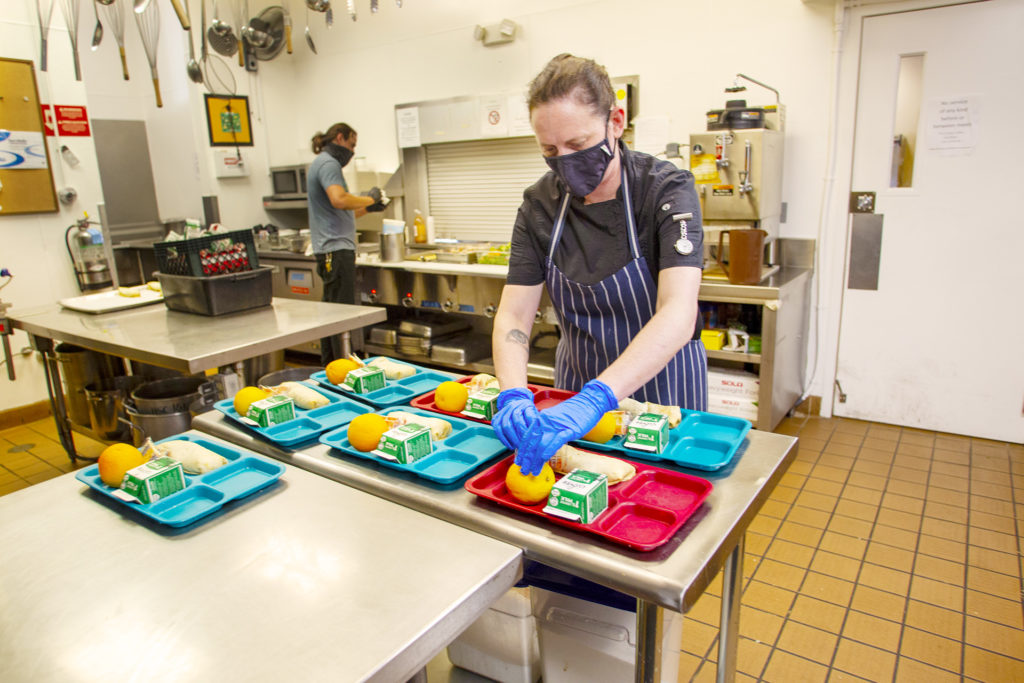
Construction on the $25 million, 5-story building at the organization’s Coral Street campus will begin next summer and, when finished in early 2024, will be the largest project of its kind in the county, said Housing Matters CEO Phil Kramer.
“The people who will benefit from it are slipping through the cracks,” Kramer said. “They don’t qualify for assisted living or skilled nursing homes, but they also are not successful living on their own.”
The studios will be permanent homes for chronically homeless people who suffer from a disabling medical condition.
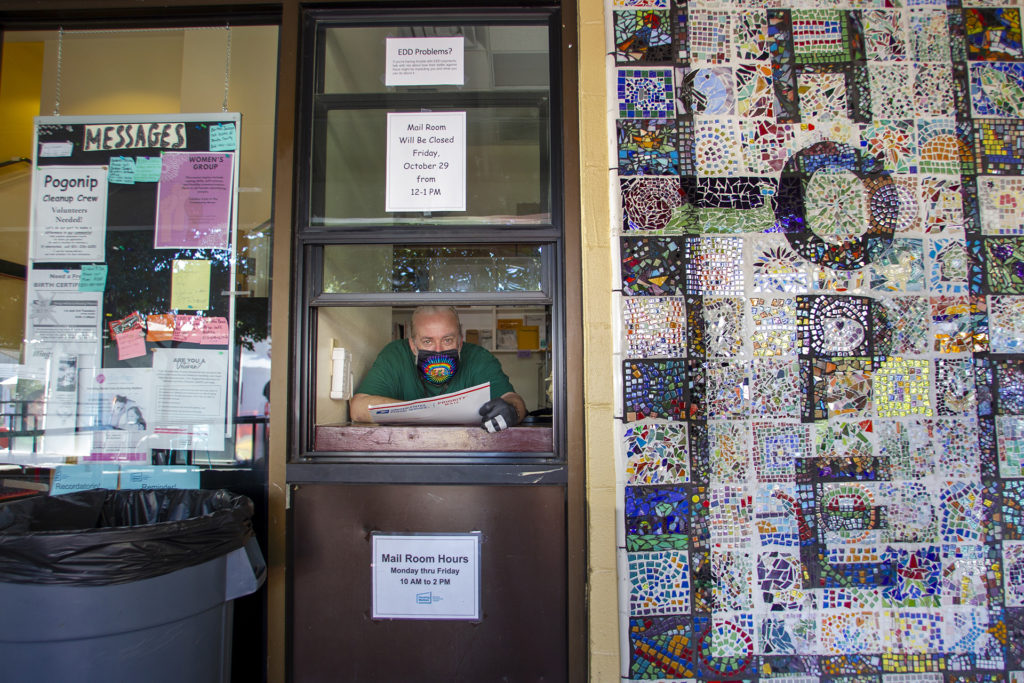
The project also includes a new 12-bed recuperative medical facility for homeless people recently hospitalized, an expanded medical clinic, and offices for resident support services.
“We want to demonstrate that there are solutions for chronically homeless people,” said Kramer. “When this building opens, we will serve those with the highest housing and medical needs, and they will be in a stable, healthy environment.”
Kramer said Housing Matters currently offers transitional housing for 230 individuals and case management to another 250 people who are currently unhoused. The campus provides meals, mail services, restrooms, daily hot showers, and staff who can help people sign up for food assistance.
Cathy, 59, who asked that her last name not be used in order to protect her privacy, currently lives at the Housing Matters site. She recently moved out of a hotel and into one of 40 individual small homes there. It was a relief because she was able to bring her dog, Bandit, who spent several months in an animal shelter while she was living in the hotel. A Santa Cruz native, Cathy has no family in California after losing her partner in 2018 and after suffering the deaths of her mother, father, sister, little brother, and niece.
“They were able to get me in here with Bandit, so that’s nice,” said Cathy. “It’s quiet at night, and I can get 3 meals a day.”
Kramer estimates there are more than 2,000 homeless people in Santa Cruz County, 77 of whom died on the streets in 2020 alone.
“And that number is going up every year,” said Kramer.
Kaiser Permanente this fall made grants to 8 other organizations that support the needs of the underserved in the county, including:
- $300,000 to Second Harvest Food Bank of Santa Cruz County to provide food directly to families in need and help them sign up for state food aid
- $150,000 to Community Action Board of Santa Cruz County to help enroll residents in public benefit programs and for student academic aid
- $150,000 to Health Improvement Partnership of Santa Cruz County to help grow the safety net of medical clinics in the area
- $150,000 to Salud Para La Gente to help farmworkers and immigrants with COVID-19 vaccines, outreach, and education
- $100,000 to United Way of Santa Cruz County to fund an information and referral service that connects people to health and social services
- $85,000 to Dientes Community Dental Care for dental care of low-income and homeless people and their children
- $80,000 to First 5 Santa Cruz County to help low-income parents enroll their children in health care programs
“Kaiser Permanente recognizes that equitable social and economic opportunities like access to housing, food, and medical care contribute to healthy communities,” said Yvette Radford, Kaiser Permanente Northern California vice president of External and Community Affairs. “These grants in Santa Cruz County are an effort to address some of the most critical needs.”
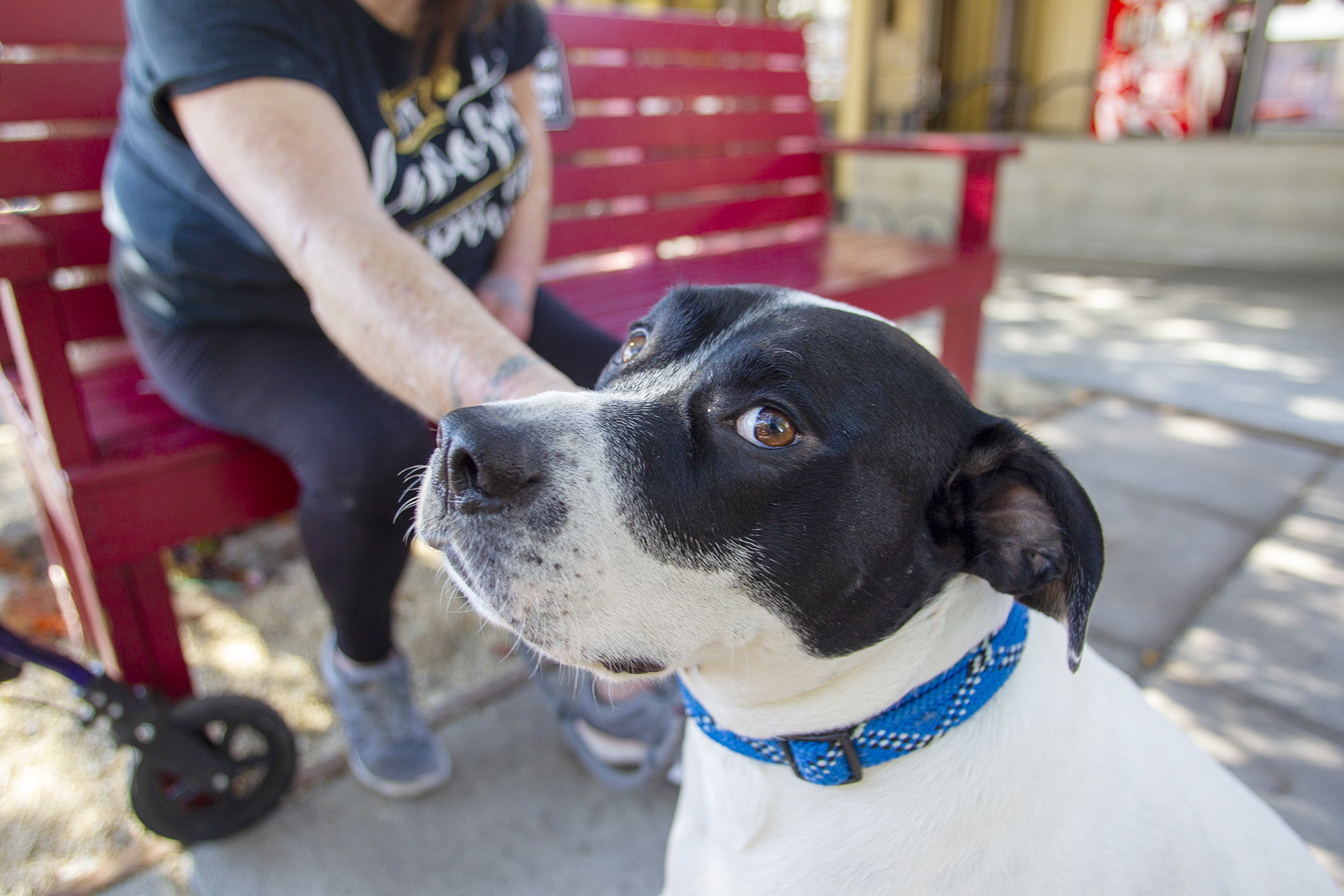
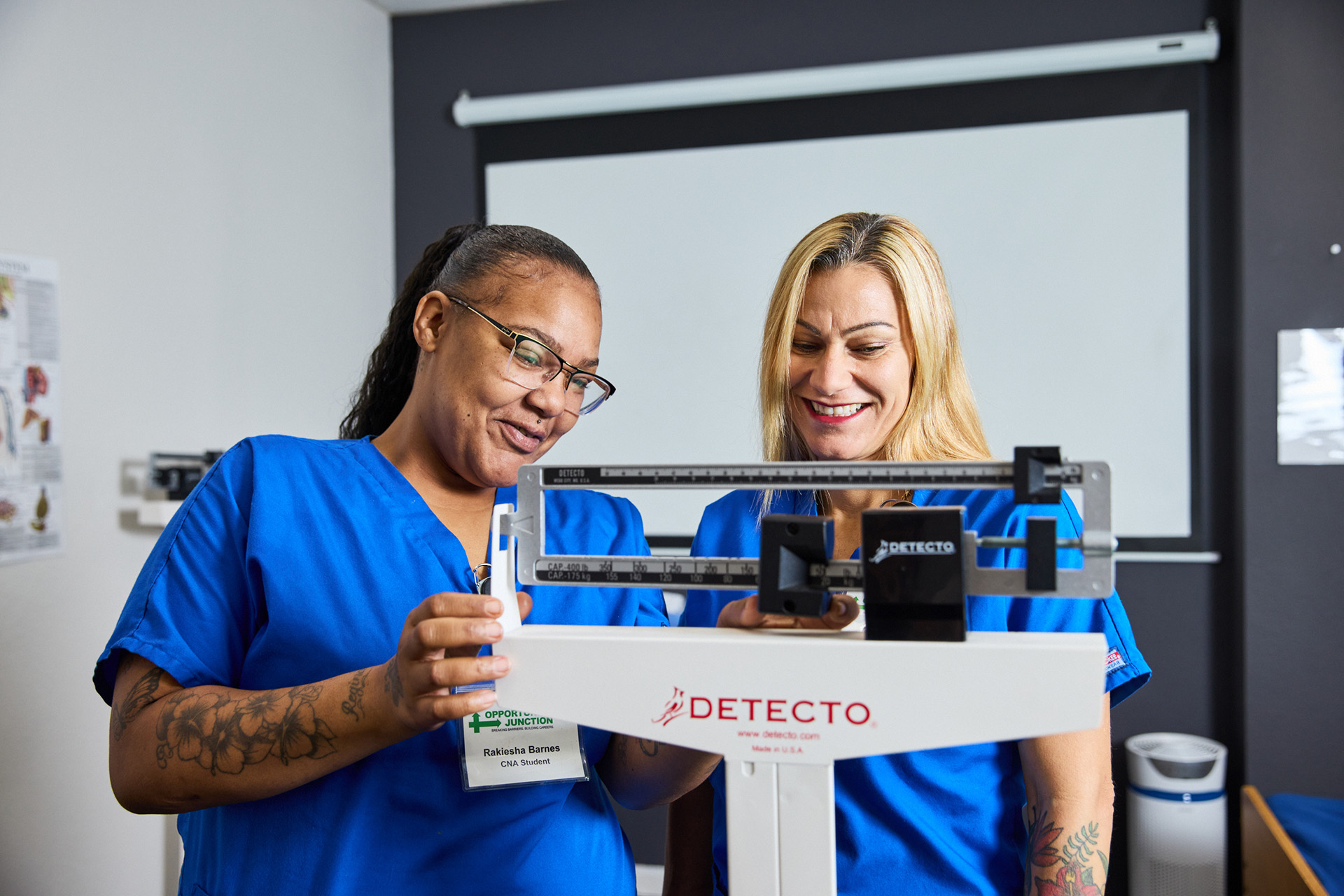
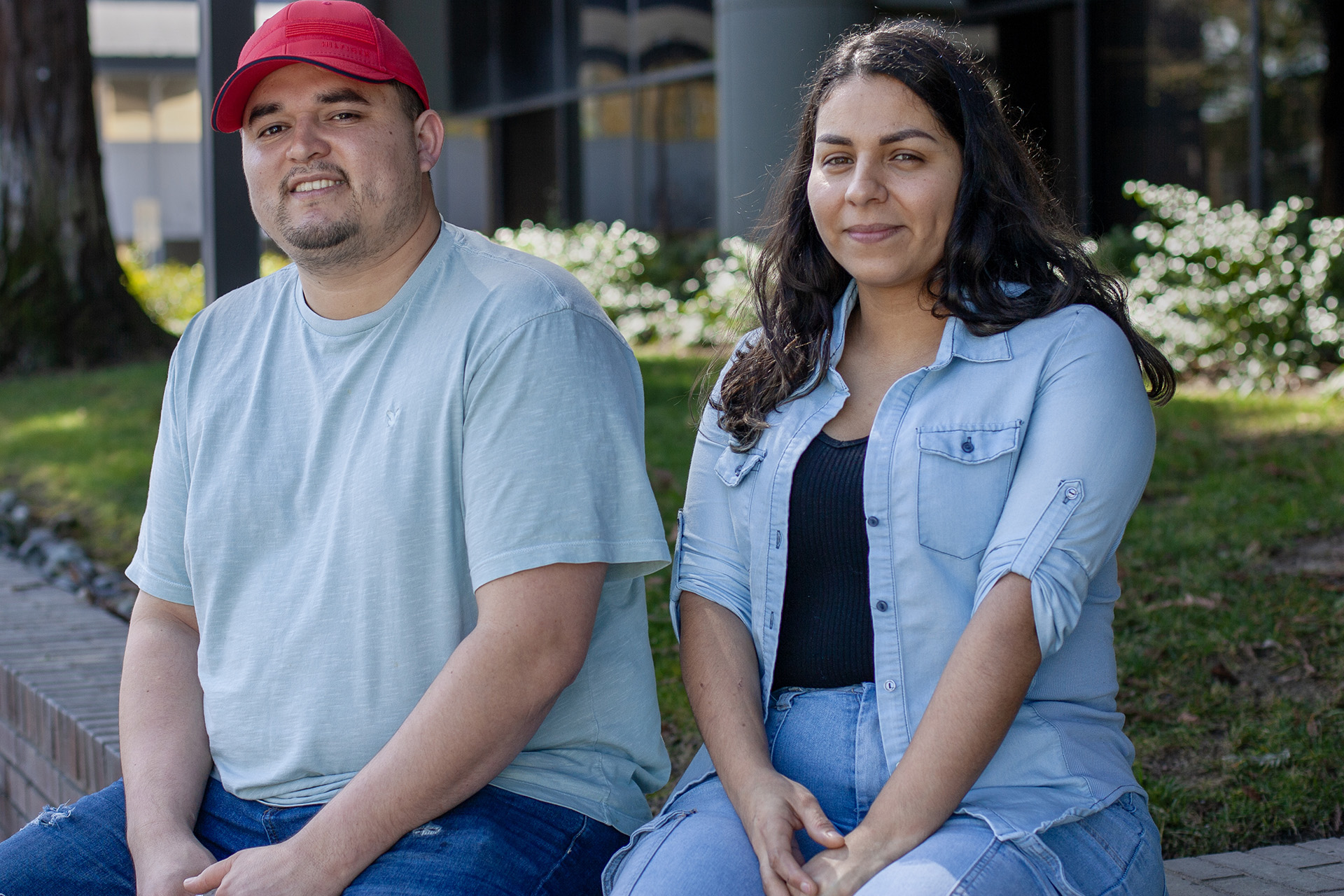
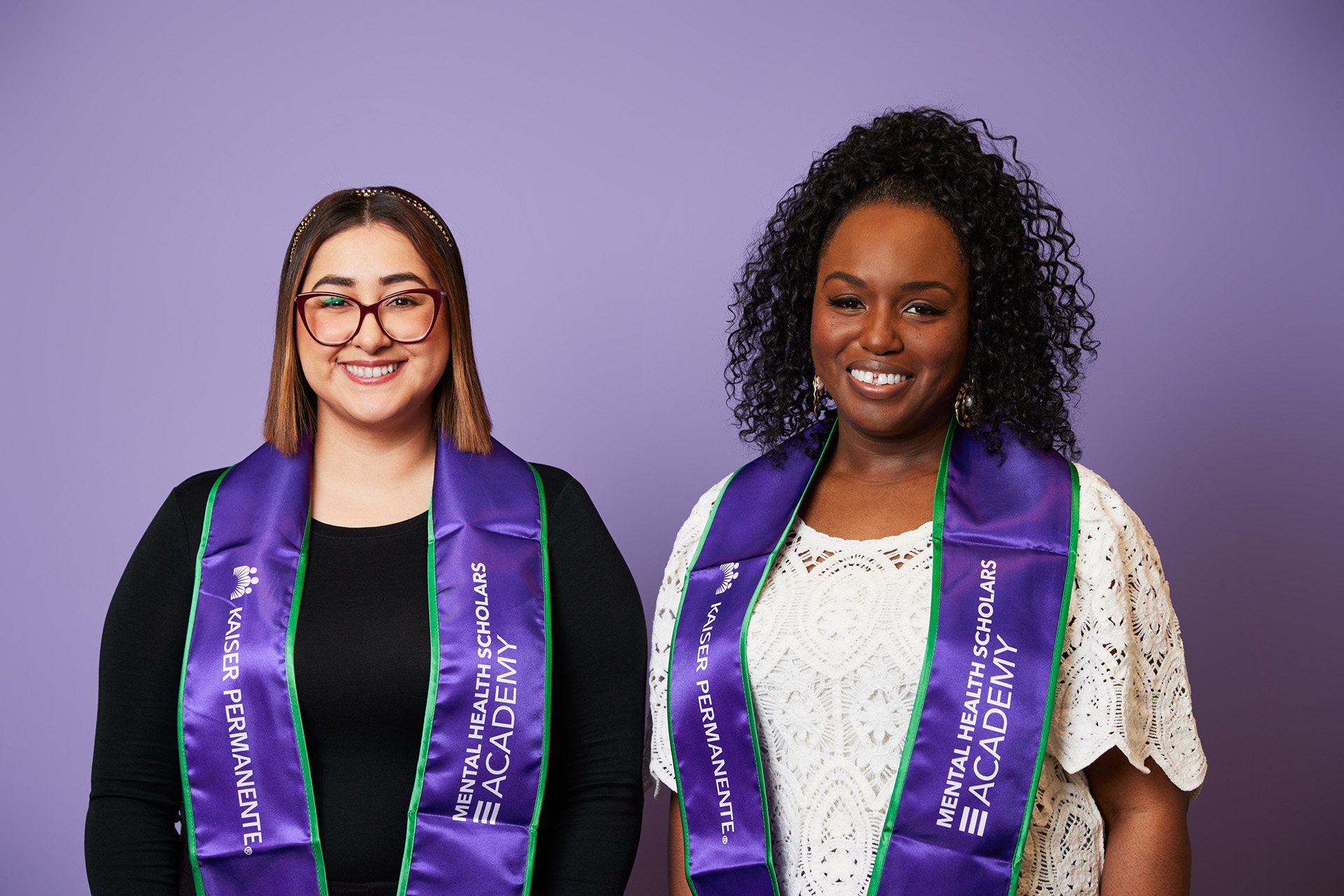
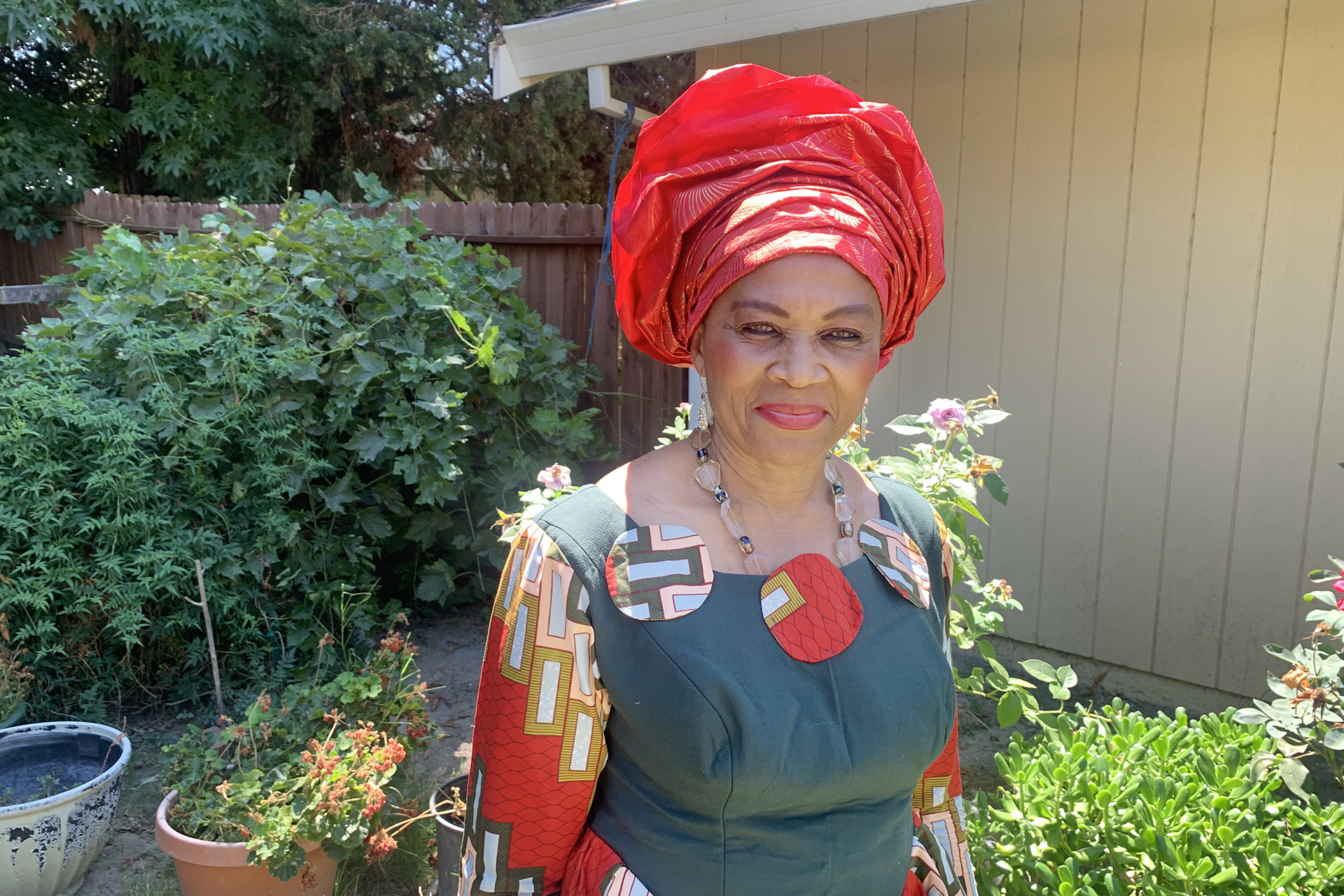
This Post Has 0 Comments